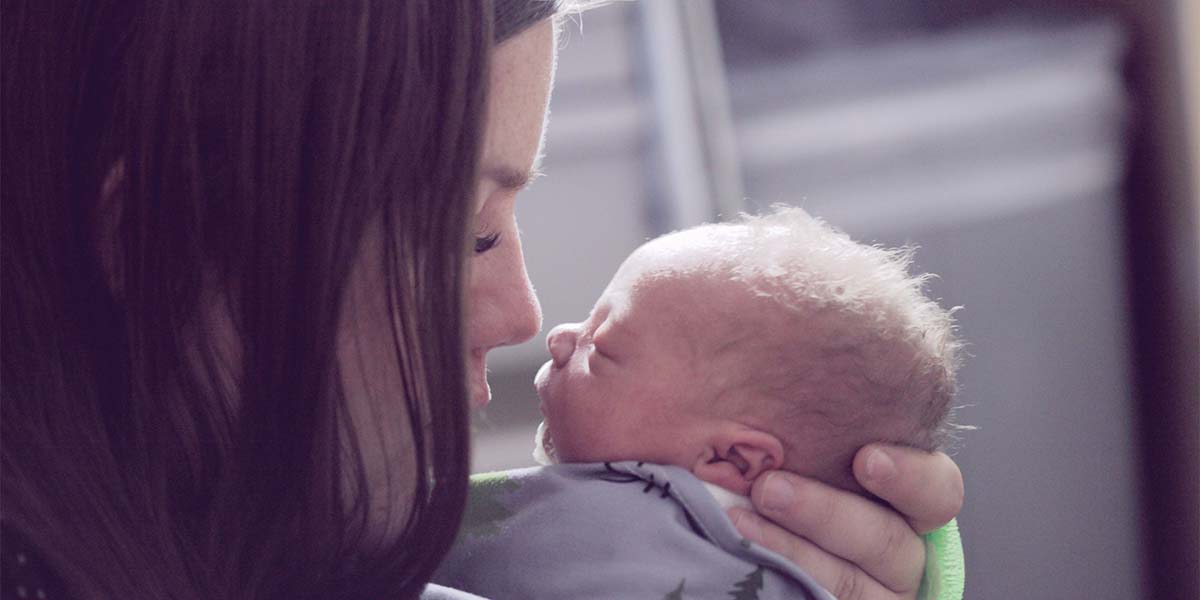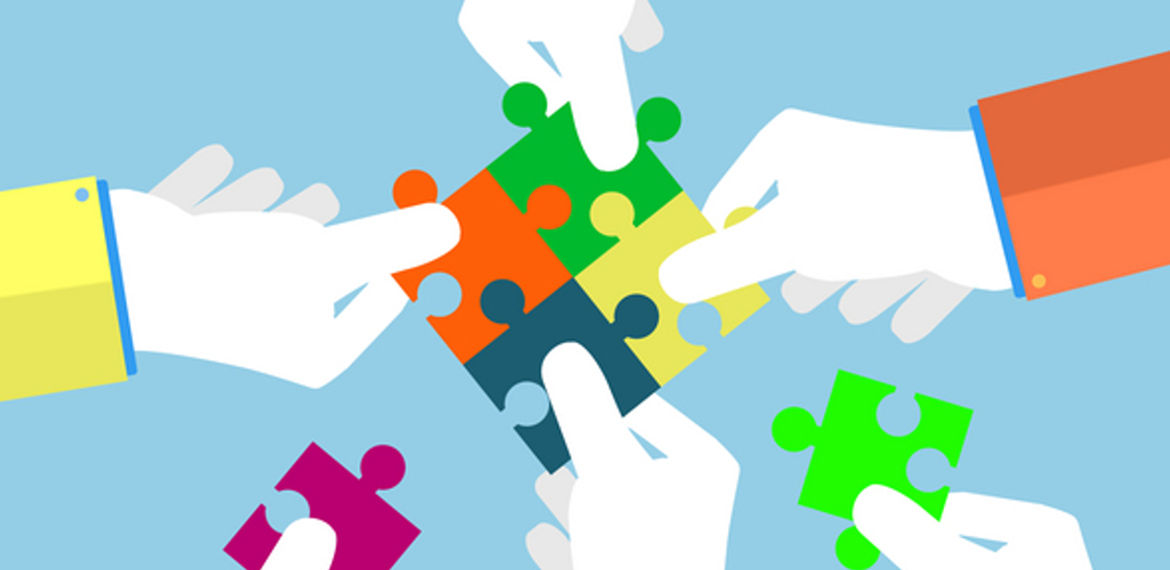
What Does Postpartum Depression Feel Like?
Would you rather listen? Click the arrow above. Ready to read? Scroll on.
Pregnancy can be a beautiful and life-changing experience. But what happens after the baby has arrived? Some mothers feel like they are expected to jump right back into how life was before the pregnancy and achieve perfection in an Instagram world. And on top of that, many new mothers feel like they are expected to take care of everyone else. That they have to be a mother first and a person last. But what happens when we aren't able to keep up with these expectations? What if we are struggling to adapt to this change?
-
What is postpartum depression?
After having a baby, new mothers can experience something called the “baby blues”. This can last for about two weeks after the birth and may look like weepy spells or mood swings. But when the baby blues aren’t going away and it feels like it is getting worse, you may be experiencing postpartum depression.
Postpartum depression can present around the first four weeks after delivery, though it is not uncommon for mothers to experience depression during pregnancy as well. When a new mother is experiencing postpartum depression she may notice that she feels overwhelming sadness or hopelessness. She may also feel more irritable or sensitive than in the past.
For mothers experiencing postpartum depression, it can be a struggle to do simple tasks you were able to do easily before. Postpartum depression can make it difficult to get out of bed or even have the energy to brush your hair. This can feel overwhelming when you are trying to adjust to taking care of a newborn.
Postpartum depression can affect not just your mood but the way your body feels as well. Mothers experiencing postpartum depression may also experience headaches, heart palpitations, and poor concentration in addition to changes in mood. Another change you may see if you are experiencing postpartum depression is either insomnia or excessive sleeping.
-
What can you do?
One thing that many mothers feel they need to do while adjusting to their new reality is put everyone else’s needs before their own. But when you’re experiencing postpartum depression, it is important to remember that you are important too. During this time it is ok to set time aside to do something kind for yourself. That can look like letting a loved one look after the baby while you take a few extra minutes in the shower, or listening to the music you like in the car.
So many new mothers feel that they have no time for self-care. And that’s understandable because new babies are dependent on their parents. But that does not mean your needs magically disappear. The beautiful part about self-care is that it doesn’t have to be anything special. It can be something that you already do, just with the intention of being kind to yourself.
-
The other side of postpartum depression
About 1 in 7 mothers report experiencing postpartum depression. While it is not uncommon, there is still a sense of shame for mothers who experience it. Part of the guilt or shame that mothers may feel with postpartum depression is that it can make you feel disconnected from your baby. In some cases, it can make you feel resentment towards your baby.
For some mothers struggling with postpartum depression, they may have scary fantasies. This can look like an intrusive thought about your baby drowning in the bath or that you might drop your baby going down the stairs. Having scary thoughts about your baby happens to many mothers and it does not make you a bad mother.
-
What helps?
In therapy, we teach different mindfulness and grounding skills. These are exercises that you can do to help you get recentered and back into your body when you’re feeling overwhelmed. One of my favorite exercises is to focus on your breathing and acknowledge what textures or objects are around you. For example, notice how your shirt feels against your skin, or the feeling of the ground beneath your feet.
Some people like to practice mindfulness in other ways such as meditation. Another favorite of mine is journaling. It can be nice to have a way to get your thoughts outside your head without fear of judgment.
-
Something else to keep in mind
While postpartum psychosis is not as common, it can happen. Sometimes new mothers will experience hallucinations or delusions even if they’d never experienced them before. If you notice that you are starting to have intense beliefs that others do not understand or have thoughts about hurting yourself or others it may be time to seek medical attention.
-
What keeps mothers from seeking help?
One concern many mothers have that keeps them from speaking up when they are struggling with postpartum depression is the fear that their baby will be taken away. In therapy, mothers can learn coping skills to help them handle the changes that are happening in their lives. They also have a chance to drop the mask that many mothers feel they need to wear for others and just be held in a safe place without fear of judgment. The goal is to help the mother be the best she can be for herself and her child.
If you feel like you are struggling to keep up with the stress of having a newborn, or if the birth did not go as planned, therapy can help you find your footing again. Book an appointment with a Lifeologie therapist near you who specializes in women's issues, including struggling with pregnancy, fertility, and postpartum depression and anxiety.. You deserve to have your mental health needs met!

About Lifeologie
Lifeologie Counseling was founded in 2000 with one goal in mind — to bring a fresh, innovative approach to the everyday problems of life. Creative solutions to stuck problems®. With our unique multi-specialty, collaborative approach, Lifeologie Counseling helps individuals and families heal their wounds and break out of old, unhealthy patterns.




